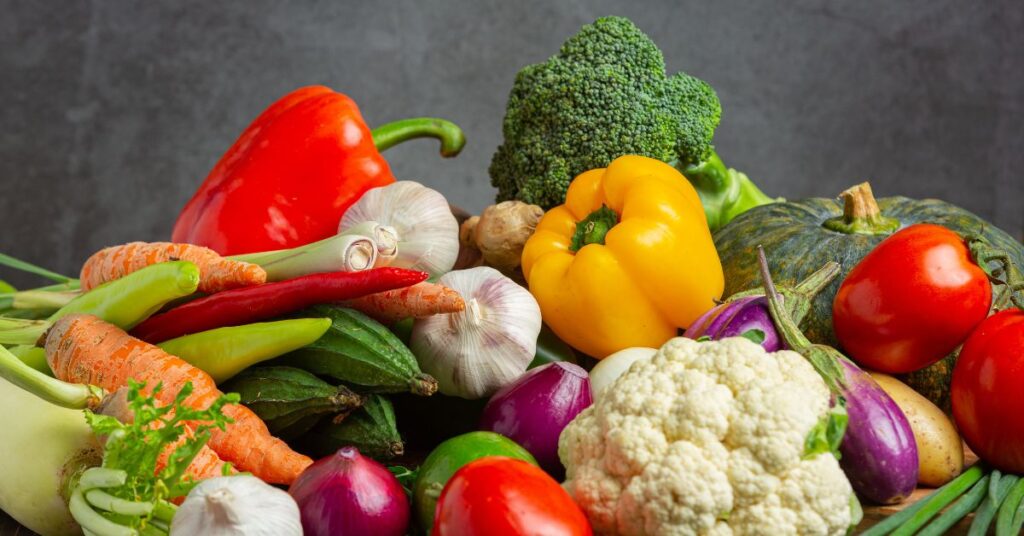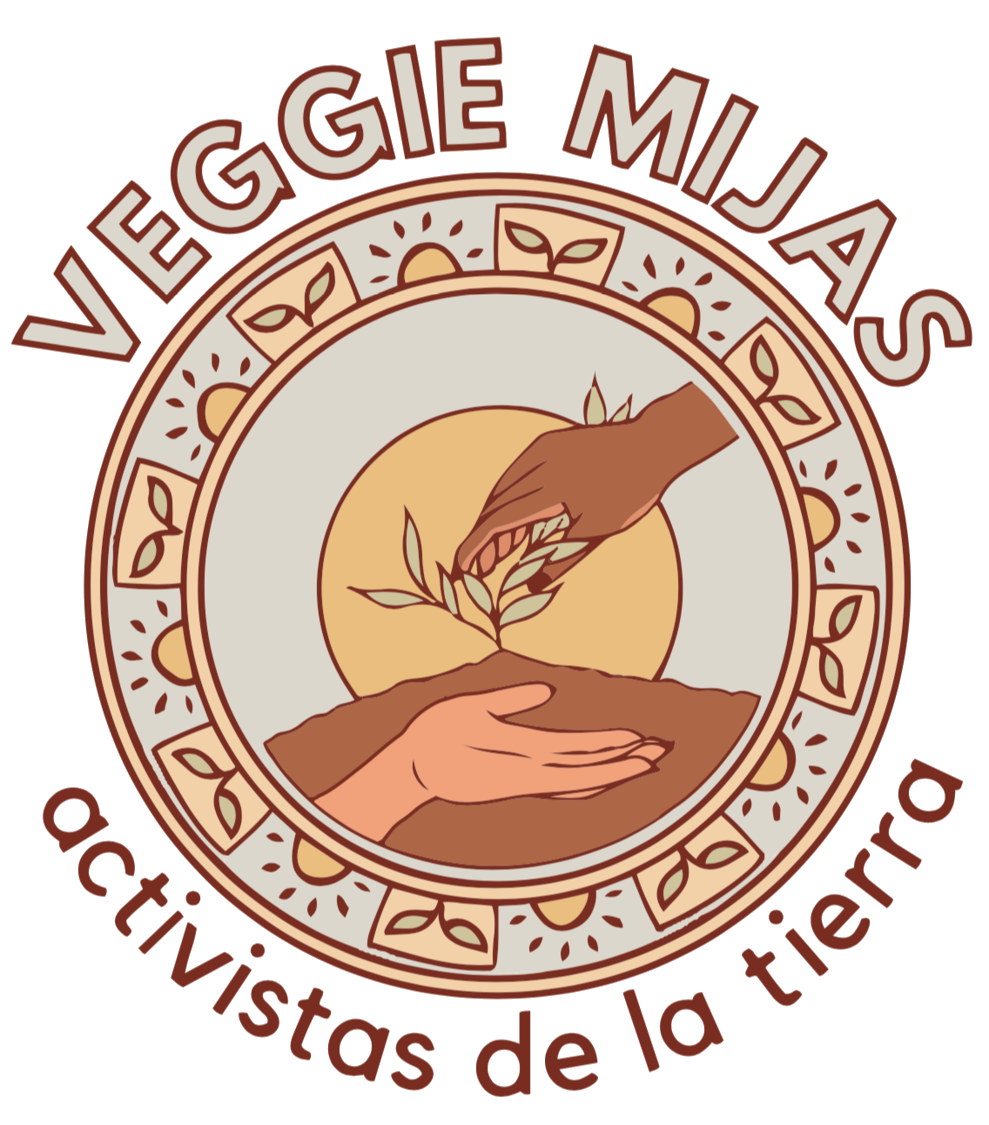There are numerous reasons why individuals choose to adopt a vegetarian lifestyle. For some, it’s a matter of personal health or a spiritual belief. Others are motivated by ethical concerns related to animal welfare or the use of growth hormones and antibiotics in animal farming. Environmental sustainability also plays a significant role, as a plant-based diet typically demands fewer natural resources. Economic factors can influence this choice as well—some people eat less or no meat simply because it is more affordable to do so. Today, embracing a vegetarian lifestyle is easier than ever, thanks to the increased availability of fresh fruits and vegetables throughout the year, a broader selection of vegetarian options in restaurants, and the influence of cuisines from cultures where plant-based diets are the norm.
In the past, most research around vegetarianism revolved around the potential for nutrient deficiencies. However, recent studies have shifted focus and now highlight the numerous health advantages of plant-based eating. A growing body of evidence supports the idea that a well-structured vegetarian diet not only meets nutritional needs but also helps lower the risk of several chronic diseases. Leading nutrition organizations affirm that when thoughtfully planned, vegetarian and even completely vegan diets can be nutritionally adequate and may play a valuable role in both the prevention and treatment of illnesses.

That said, “thoughtfully planned” is a crucial concept. Simply avoiding meat doesn’t guarantee a nutritious diet. It’s entirely possible to be a vegetarian and still eat unhealthily—for instance, by relying on sugary sodas, heavily processed snacks, or refined carbohydrates. For optimal health, a vegetarian diet should include a wide array of vegetables, fruits, whole grains, legumes, nuts, and healthy fats such as those from olive oil and avocados. Watching portion sizes, reading nutrition labels, and staying physically active remain important, regardless of what type of diet you follow.
You don’t have to be strictly vegetarian to enjoy many of the associated benefits. Dietary patterns like the Mediterranean diet, which emphasizes plant-based foods while incorporating small amounts of fish and poultry, have been linked to longer life spans and a lower incidence of various diseases. Making small changes—like swapping meat for legumes or tofu a few times a week—can steer your eating habits in a more plant-based direction.
The decision to go vegetarian is personal and should be based on your goals, preferences, and health needs. If improved health is your main aim, there are a few points worth keeping in mind.
When it comes to vegetarianism, people may follow different variations. At the most restrictive end are vegans, who consume no animal-derived foods whatsoever—no meat, fish, dairy, eggs, or even gelatin. Lacto-ovo vegetarians, on the other hand, avoid meat and fish but still include eggs and dairy in their meals. Lacto vegetarians exclude meat, fish, and eggs but do consume dairy products, while ovo vegetarians include eggs but not dairy. There are also partial vegetarians, who mainly avoid meat but may still eat fish (pescatarians) or poultry (pollo-vegetarians).
A plant-based diet may offer protective benefits against a variety of major diseases. Compared to those who eat meat, vegetarians often consume less cholesterol and saturated fat and take in more dietary fiber, antioxidants, and essential nutrients like potassium, magnesium, folate, and vitamins C and E. These nutritional differences often translate into lower levels of LDL cholesterol, reduced blood pressure, healthier body weight, and potentially greater longevity.
The link between vegetarianism and heart health is supported by a number of studies. One large analysis, which pooled data from over 76,000 individuals, found that vegetarians were roughly 25% less likely to die from heart disease compared to meat-eaters. Another extensive study out of Oxford reported a 19% lower risk of death from heart disease among vegetarians. It’s important to note, however, that other lifestyle factors—like avoiding tobacco and maintaining an active lifestyle—also contribute to these outcomes and are common among vegetarians.
For cardiovascular protection, whole grains and legumes are especially beneficial. These foods are digested slowly and help regulate blood sugar levels, thanks to their low glycemic index. They’re also rich in soluble fiber, which helps lower cholesterol. In contrast, highly refined carbohydrates and starchy foods such as white bread or white rice can cause sharp spikes in blood sugar and are best consumed in moderation.
Nuts are another heart-friendly choice. Packed with healthy fats, protein, fiber, and antioxidants, they make for a nutrient-dense snack. But because nuts are high in calories, it’s wise to limit portion sizes—just a small handful a day can go a long way in promoting satiety and heart health. Walnuts, in particular, stand out for their rich omega-3 content, although fatty fish remain the most effective dietary source of these essential fats.
When it comes to cancer, research indicates that a diet rich in fruits and vegetables can help reduce the risk of developing certain types. While vegetarians may experience slightly lower cancer rates compared to non-vegetarians, the differences are generally modest. Reducing or eliminating red meat—especially processed types like bacon or sausages—can significantly decrease the risk of colon cancer. However, the impact of avoiding all animal products on overall cancer risk remains inconclusive. That said, vegetarians tend to have fewer cancer-promoting compounds in their digestive tracts, which is a positive sign.
Vegetarian diets also appear to offer protection against type 2 diabetes. In studies involving Seventh-day Adventists, vegetarians had roughly half the risk of developing the disease compared to meat-eaters, even when body weight was factored in. Similarly, research from the Women’s Health Study observed that diets high in red and processed meats were associated with a greater likelihood of developing diabetes.
Some people worry that avoiding dairy products could compromise bone health, particularly for women concerned about osteoporosis. While lacto-ovo vegetarians generally meet their calcium needs, vegans may fall short. In one large study, a majority of vegans consumed less than the recommended daily amount of calcium, but those who reached at least 525 milligrams daily did not show an increased risk of fractures. Fortunately, many leafy greens such as kale, bok choy, and Chinese cabbage are excellent plant-based calcium sources. However, vegetables like spinach and Swiss chard, while high in calcium, also contain oxalates, which can hinder calcium absorption.
A vegetarian or vegan diet may also lack sufficient amounts of vitamins D and K, both of which are important for bone strength. Green leafy vegetables provide some vitamin K, but those avoiding all animal products might need to look for fortified foods or consider supplements to meet their vitamin D needs. These might include fortified plant milks, breakfast cereals, or vitamin D tablets.
In terms of potential nutritional shortfalls, vegetarian diets raise concerns mainly around a few key nutrients. Protein, for instance, is generally not an issue for lacto-ovo vegetarians, who get it from dairy and eggs. Vegans, however, need to be more strategic, aiming for slightly higher daily intakes by incorporating a variety of legumes, grains, seeds, and soy-based products.
Vitamin B12 is another nutrient of concern, as it is naturally found only in animal-derived foods. While vegetarians who eat eggs and dairy are usually fine, vegans must seek out fortified foods or take a supplement, since B12 deficiency can lead to serious issues like nerve damage or anemia.
Iron intake among vegetarians is usually comparable to that of meat-eaters, but plant-based iron (non-heme iron) is not absorbed as efficiently as the heme iron found in animal products. Including vitamin C-rich fruits and vegetables in meals can enhance iron absorption, while substances like phytic acid found in grains and legumes may reduce it.
Zinc, too, can be less bioavailable in plant-based diets due to similar absorption inhibitors, though most vegetarians in Western countries still meet their needs. Lastly, omega-3 fatty acids—particularly EPA and DHA—are found in fish and eggs, which vegans avoid. While plant foods like flaxseed and walnuts provide ALA, a precursor to EPA and DHA, the conversion rate in the body is low. Algae-based supplements offer a vegan-friendly way to increase DHA levels directly.

